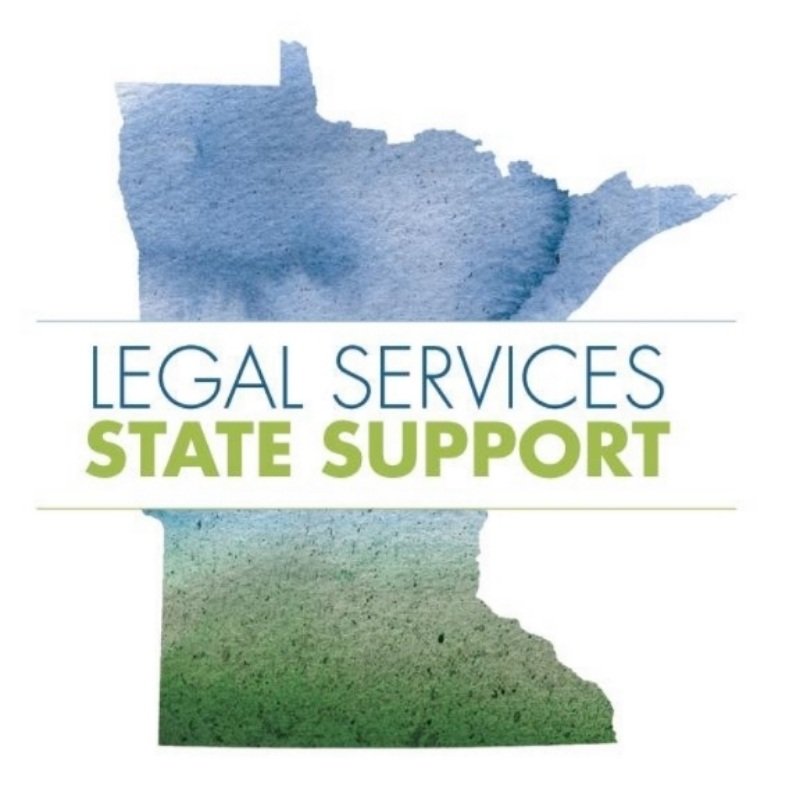Laura Isenor, staff attorney with the Education Law Advocacy Project at Southern Minnesota Regional Legal Services (SMRLS), logged an important decision for her client at the Minnesota Court of Appeals last month. Isenor filed a special education complaint to the Minnesota Department of Education (MDE) in August regarding the suspension of a student with an emotional disturbance for which no written notice was given. She secured a favorable decision for the client to receive compensatory education for missed school time because of the school’s actions. The school district then appealed MDEs decision and Isenor represented the client on the appeal.
The Court of Appeals affirmed and upheld MDE's investigation and complaint decision (Minn. Ct. App. 02/05/24, unpublished) because of the school district's failure to provide written notice of suspensions violated state law. That decision ordered the district to pay for 60 hours of tutoring at a rate of $50 an hour for the student’s missed school time.
In Minnesota procedural safeguards beyond those set forth in the Individuals with Disabilities Education Act (IDEA) have been adopted. School districts are required to review these additional requirements with relevant personnel to emphasize the importance of compliance. IDEA requirements do not require suspension notices, but MDE can enforce the state’s law requiring written notice of suspension. Read the full Court of Appeals decision.





